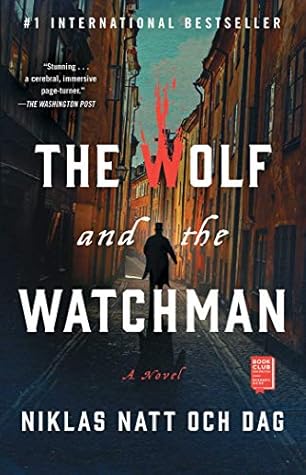More on this book
Community
Kindle Notes & Highlights
Around the shores of Cats’ Bay, the piles of manure from dumped latrine waste collect into a thick quagmire, fed further by the Rill pouring down from the north. Although the liquid has a hue between yellow and brown, there is a collection of washerwomen on the dock with piles of laundry. They alternate between dipping their laundry into the sludge, then driving out the dirty water by beating it with their boards. Next to them is the fish market.
From the kitchen, there comes a steady stream of dishes: fishballs made of pike, a terrine of buttered and salted carrots, a plate of pork sausages, poached cod and fried herring, steaming turnips, crispbread and cheese, with a plate of gruel with orange slices and sugared rusks on the side.
Behind them, a man whose nose has been made into a rotten crater by the French disease laughs so hard his snot goes flying.
Accompanied by the man’s scream of anguish, an assistant picks the severed limb out of the mud and tosses it out into the crowd. The fingers and hand of an executed criminal bring good luck—the thumb in particular promises protection from the law when a theft is undertaken, and thieves are both numerous and superstitious. The hand will be cut up and sold by the street urchin who manages to wriggle out of the grasp of his competitors.
But my greatest objection is this: the law makes no attempt to understand those sentenced. How can anyone hope to prevent the crimes of tomorrow without trying to understand the ones committed today? The answer, Jean Michael, is that the very thought has never occurred to those in charge. They believe it is their task to judge and punish.
“You are right, of course, as you always are. Don’t pick a quarrel with Cecil Winge, he is always right—that
It is funny how everyone seems to want to help those who need none, while they take long paths to avoid the need that is evident.


